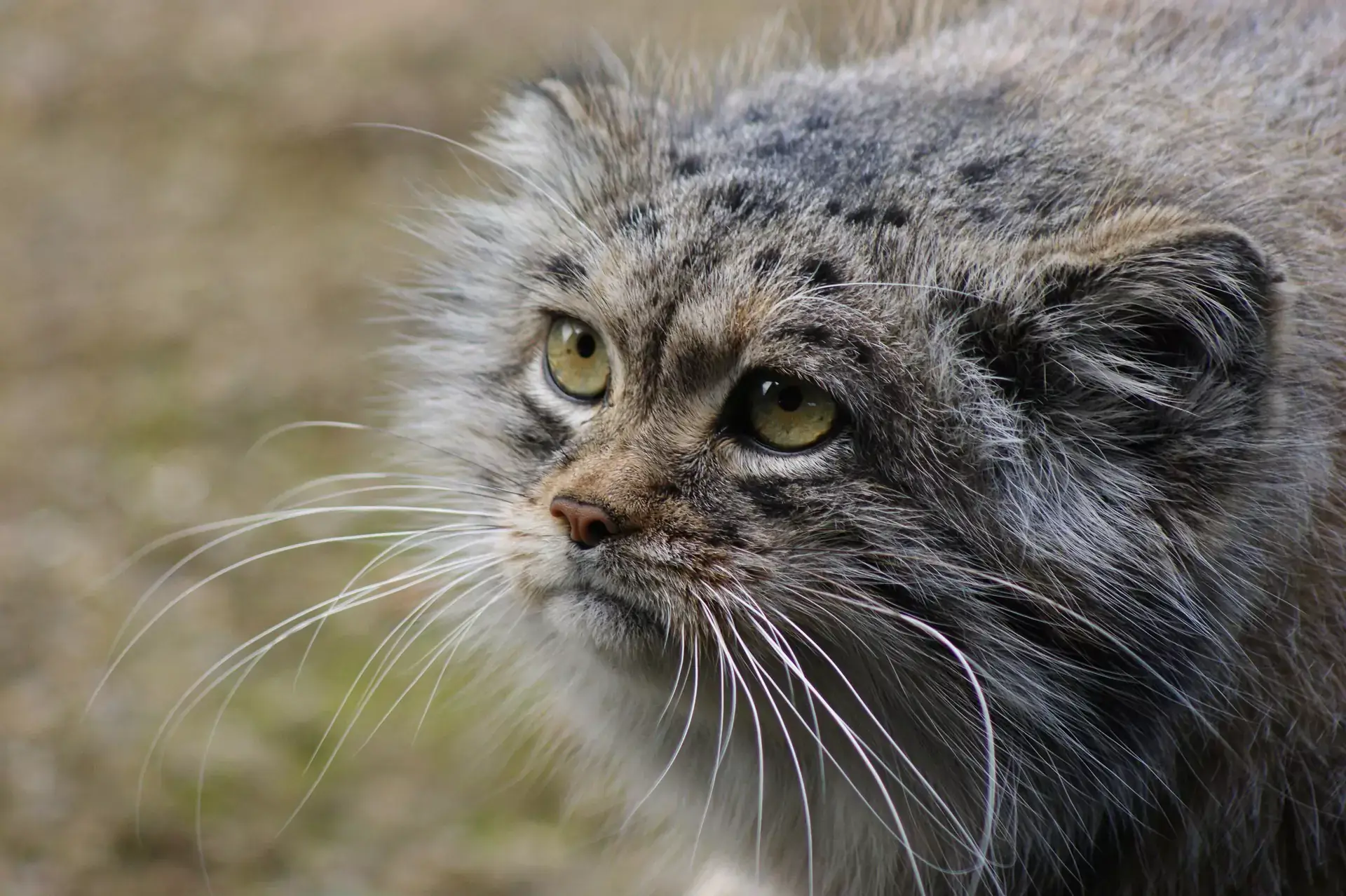Iguana Awareness Day
September 8 is Iguana Awareness Day! While we usually talk about pet iguanas, we do also have wild ones here in the Sunshine State. A Fort Myers, FL vet discusses Iggy in this article.
Our Local Iguanas
The iguana you’re likely to find here in Florida is the green iguana which, despite the name, isn’t always green. Iggy gets quite large: it isn’t uncommon for adults to be six feet long. They can also live 20 years, which is plenty of time to wreak havoc.
Why Are There Iguanas In Florida?
While many reptiles are native to Florida, iguanas are invasive. Most likely, Iggy hopped a ride on Cuban boats back in the 60’s. Iguanas also became popular pets in the 80’s. Unfortunately, many people adopted the lizards without realizing how big they get, and ended up releasing them. Because they are so well-suited to our tropical environment, the lizards flourished, and can now be found all over central and south Florida.
Are Wild Iguanas Harmful?
Though iguanas aren’t as dangerous to the environment as the anacondas that are wreaking havoc in the Everglades, they aren’t exactly beneficial. They destroy gardens and landscaping, and can also damage sidewalks, sea walls, fences, and even roofs.
Are Wild Iguanas Aggressive?
Most wild iguanas are quite timid, and will only attack if stressed or provoked. However, they can get feisty when it’s time for them to mate. A bite from a full-grown, angry iguana is no joke: these guys can cause serious injuries.
Can You Get Sick From Touching An Iguana?
We would advise against touching iguanas unless it’s absolutely necessary. However, if for some reason you do touch a wild iguana, wash your hands thoroughly right away. Iguanas may carry salmonella.
How Do I Get Rid Of Iguanas?
Iguanas are protected by anti-cruelty laws, so it is illegal (and cruel) to harm or kill them. If your property is being overrun, try hanging windchimes: iguanas don’t like noise, so this may scare them off. Sprinklers may also help. If those fail, contact a professional iguana remover.
Why Do Iguanas Fall From Trees?
Every so often, we get a cold snap, and temperatures drop enough to render iguanas immobile. Because they are cold-blooded, they get their heat from the environment. When it gets too cold, they lose the ability to move, and can fall out of trees.
Our Advice on Iguana Awareness Day in 2024
What type of iguana is commonly found in Florida, and what are its characteristics?
In Florida, the most commonly encountered iguana is the Green Iguana. Despite its name, this species displays various colors, not always strictly green. These reptiles can grow quite large, reaching up to six feet long. Known for their impressive size, Green Iguanas have robust, muscular bodies, long tails, and a distinctive row of spines along their backs. They are mainly herbivorous, feeding on various plants, and can live up to 20 years. Adapted well to Florida’s tropical climate, Green Iguanas are a common sight in many areas of the state.
What impact do wild iguanas have on the Florida environment?
As exotic animal veterinarians, we can confirm that wild iguanas in Florida significantly impact the environment. Being non-native, they disrupt the local ecosystem. Their herbivorous diet leads to the destruction of gardens, landscaping, and native plants. They compete with native wildlife for food and habitat, potentially threatening local biodiversity. Additionally, iguanas can damage infrastructure like sidewalks, sea walls, and fences with their burrowing activities. While not inherently harmful, their presence in large numbers can pose ecological challenges and require careful management to mitigate their environmental impact.
Are wild iguanas in Florida known to be aggressive, and what risks do they pose?
As a veterinarian, we can tell you that wild iguanas in Florida are generally not naturally aggressive. They are typically timid and will often flee from humans. However, they can be aggressive when cornered, stressed, or during mating season. Their primary risk is through their bites, which can be powerful and potentially cause serious injury. Additionally, their sharp claws can scratch. While unfamiliar, it’s essential to exercise caution and avoid provoking them. It’s always best to admire these creatures from a safe distance.
Can touching a wild iguana make you sick, and what precautions should be taken?
Touching a wild iguana can pose health risks, primarily due to the potential transmission of salmonella. This bacteria is commonly found on reptiles’ skin and can cause human illness. If you must handle an iguana, wearing protective gloves and washing your hands thoroughly afterward is crucial. Avoid touching your face, especially your mouth and eyes, until you’ve washed your hands. It’s generally advisable to avoid direct contact with wild iguanas. Proper hygiene and handling techniques are essential to minimize health risks if interaction is necessary, such as for rescue or research purposes.
Why do iguanas sometimes fall from trees, especially during colder temperatures?
As a veterinary expert, we can explain that iguanas, being cold-blooded reptiles, rely on external heat sources to regulate their body temperature. When temperatures drop sharply in Florida, iguanas’ bodies can become too cold to function correctly. This sudden chill affects their muscles and mobility, rendering them immobile. As a result, they lose their grip and can fall from trees where they often reside. It’s important to note that they’re not dead but in a state of inertia. When the temperature rises, they typically recover and regain their mobility.
Do you have questions about iguana care? Contact us, your local Fort Myers, FL pet hospital, today!





